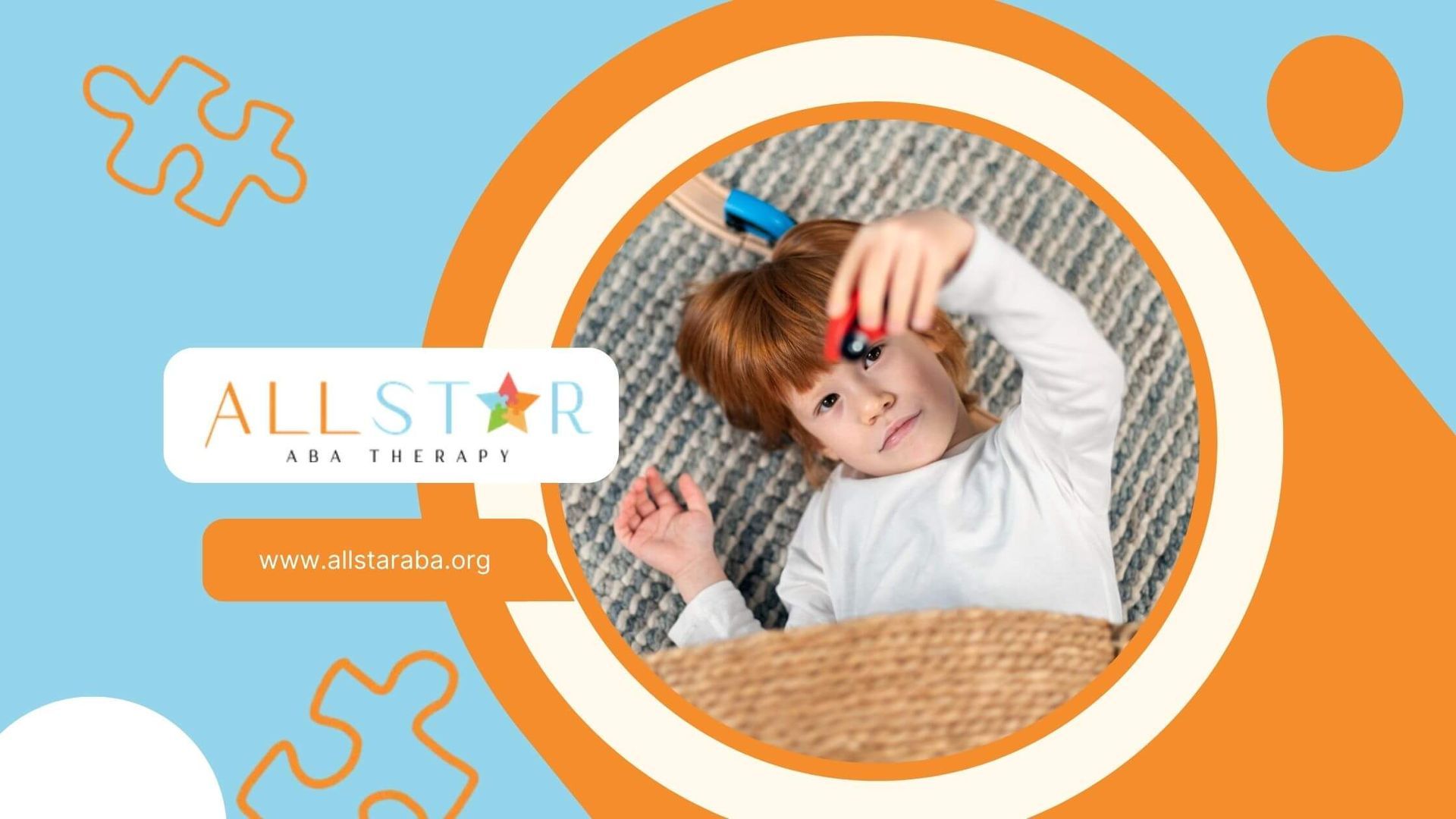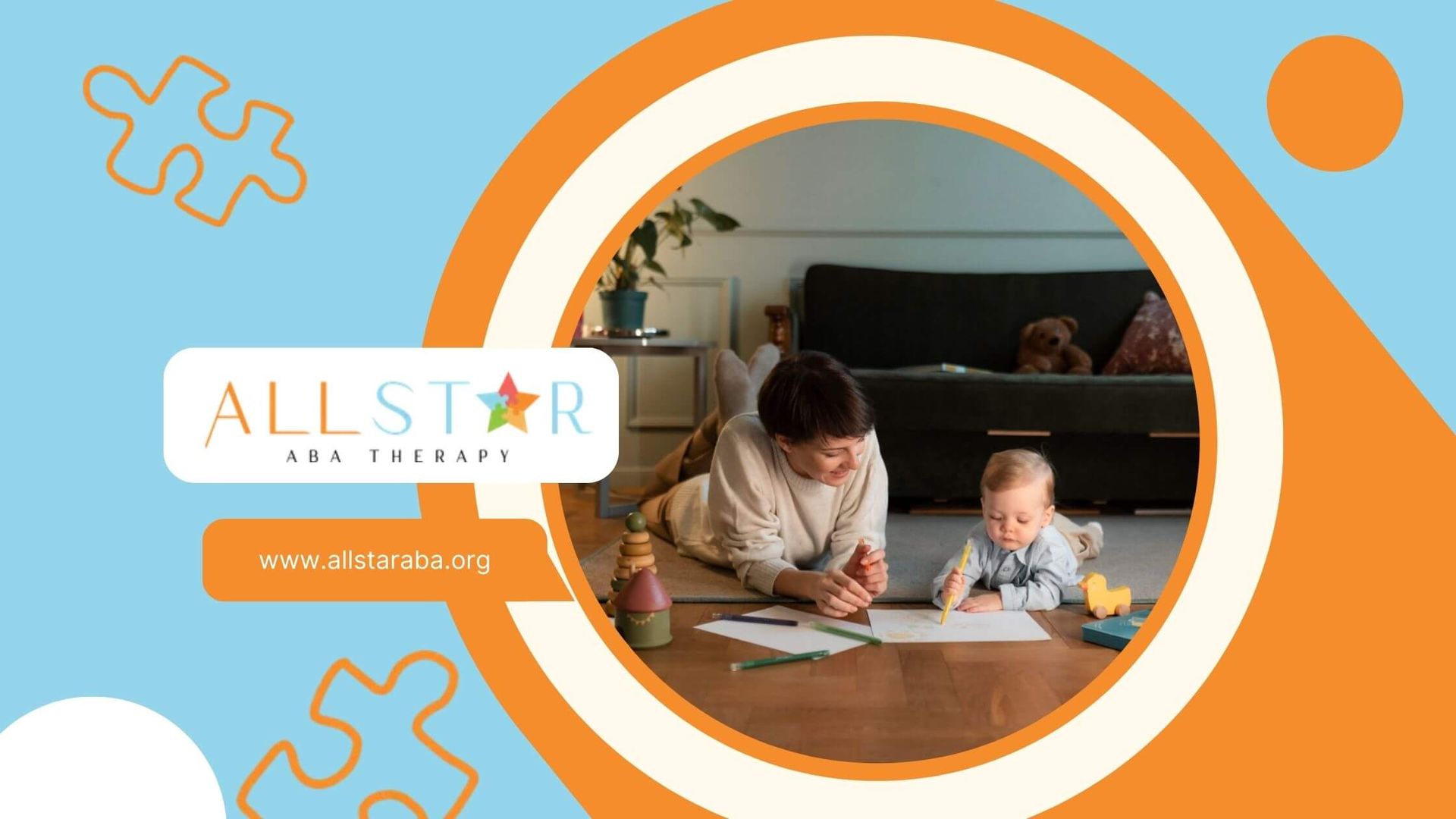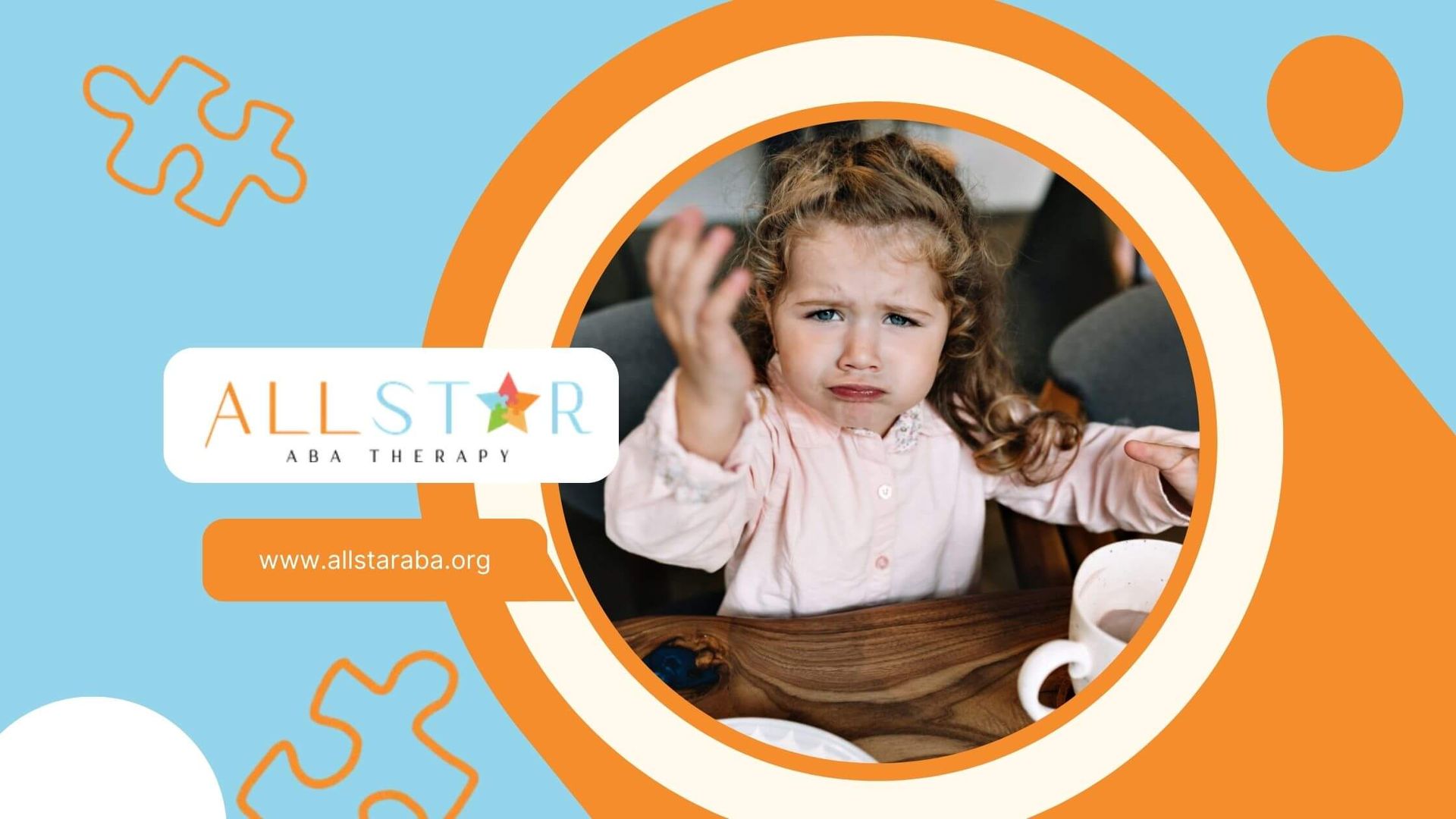New Paragraph
BCaBA Salary: What to Expect in 2025 and Beyond
If you're considering a career as a Board Certified Assistant Behavior Analyst (BCaBA), one of the first things you’ll want to know is: How much can I earn? Salary is an important factor when choosing a career, and understanding the earning potential of a BCaBA can help you make informed decisions about your future.
Beyond the numbers, a career as a BCaBA is about making a real difference. Take Jessica, for example—one of the dedicated BCaBAs at All Star ABA. When she first started working with Liam, a 7-year-old struggling with communication, he had difficulty expressing his needs. Through targeted ABA strategies, Jessica helped Liam learn to use words and gestures, giving him the tools to communicate effectively. Seeing his progress firsthand and knowing she’s changing lives is what makes this career so rewarding.
If you're wondering whether becoming a BCaBA is worth it financially and personally, this article will provide the answers. We’ll break down BCaBA salaries, the factors that influence pay, and expert tips to help you maximize your earning potential in this impactful field.
Starting a Career as a BCBA
What is a BCaBA?
A Board Certified Assistant Behavior Analyst is a mid-level certification in the field of applied behavior analysis (ABA). BCaBAs work under the supervision of Board Certified Behavior Analysts (BCBAs) to provide ABA therapy, primarily to individuals with autism spectrum disorder (ASD) and other developmental disabilities. Their responsibilities include:
- Conducting behavioral assessments.
- Implementing ABA therapy programs.
- Collecting and analyzing data.
- Training parents and caregivers.
- Supervising Registered Behavior Technicians (RBTs).
BCaBAs play a critical role in helping individuals develop essential skills, reduce challenging behaviors, and improve their quality of life.
Average BCaBA Salary in the U.S.
The salary for a BCaBA can vary widely depending on factors like location, experience, and work setting. Here’s a snapshot of the average earnings:
- National Average Salary: $45,000 to $65,000 per year.
- Hourly Rate: Approximately $22 to $35 per hour.
These figures are based on data from the Behavior Analyst Certification Board (BACB), job postings, and industry reports. However, it’s important to note that salaries can vary significantly depending on where you work and your level of experience.
Factors That Influence BCaBA Salaries
Several factors can impact how much a BCaBA earns. Understanding these factors can help you make informed decisions about your career path.
1. Geographic Location
Salaries for BCaBAs tend to be higher in states with a higher cost of living or greater demand for ABA services. For example:
- California: $50,000−$70,000 per year.
- New York: $48,000−$68,000 per year.
- Texas: $42,000−$60,000 per year.
- Florida: $40,000−$58,000 per year.
2. Experience
Entry-level BCaBAs typically earn closer to the lower end of the salary range. With 5+ years of experience, BCaBAs can earn significantly more, especially if they take on supervisory roles or specialize in certain areas.
3. Work Setting
The setting in which you work can also impact your salary:
- Schools: $40,000−$55,000 per year.
- Clinics/Private Practices: $45,000−$65,000 per year.
- In-Home Services: $22−$35 per hour (or $45,000−$60,000 annually).
- Government/Nonprofit Organizations: $42,000−$58,000 per year.
4. Certifications and Additional Training
BCaBAs with additional certifications (e.g., RBT supervision training) or specialized skills may command higher salaries.
BCaBA Salary by State
Here’s a breakdown of average BCaBA salaries in select states:
Average Salary Range by State
Hover over each state to see the average salary.
How to Increase Your Earning Potential as a BCaBA
If you’re looking to maximize your salary as a BCaBA, here are some strategies to consider:
1. Pursue Advanced Certifications
Becoming a BCBA can significantly increase your earning potential. BCBAs typically earn 65,000 to 100,000 per year.
2. Gain Experience
The more experience you have, the more you can negotiate for higher pay. Consider taking on diverse roles to build your expertise.
3. Specialize
Specializing in areas like early intervention, severe behaviors, or organizational behavior management can make you more valuable to employers.
4. Relocate to High-Demand Areas
States with higher demand for ABA services often offer better compensation. Research job markets in areas like California, New York, and Massachusetts.
FAQs
1. How does a BCaBA salary compare to a BCBA salary?
BCaBAs typically earn less than BCBAs, who have more advanced certifications and responsibilities. BCBA salaries range from $65,000 to $100,000 per year.
2. What is the job outlook for BCaBAs?
The field of behavior analysis is expected to grow by 22% from 2020 to 2030, much faster than the average for all occupations.
3. Do BCaBAs receive benefits?
Describe the item or answer the question so that site visitors who are interested get more information. You can emphasize this text with bullets, italics or bold, and add links.
Sources:
- https://www.bacb.com/bcaba/
- https://www.thechicagoschool.edu/insight/career-development/4-ways-to-use-degree-in-applied-behavior-analysis/
- https://online.uc.edu/blog/what-can-i-do-with-a-masters-in-applied-behavior-analysis/
- https://www.umassglobal.edu/news-and-events/blog/what-does-a-behavior-analyst-do
- https://gsep.pepperdine.edu/blog/posts/20-usual-and-not-so-usual-jobs-in-applied-behavior-analysis.htm
Need Support?
We're Here to Help!
Our experienced team is ready to assist you. Reach out today to discuss how we can support your child's development and well-being.
Get started with expert ABA therapy today.








